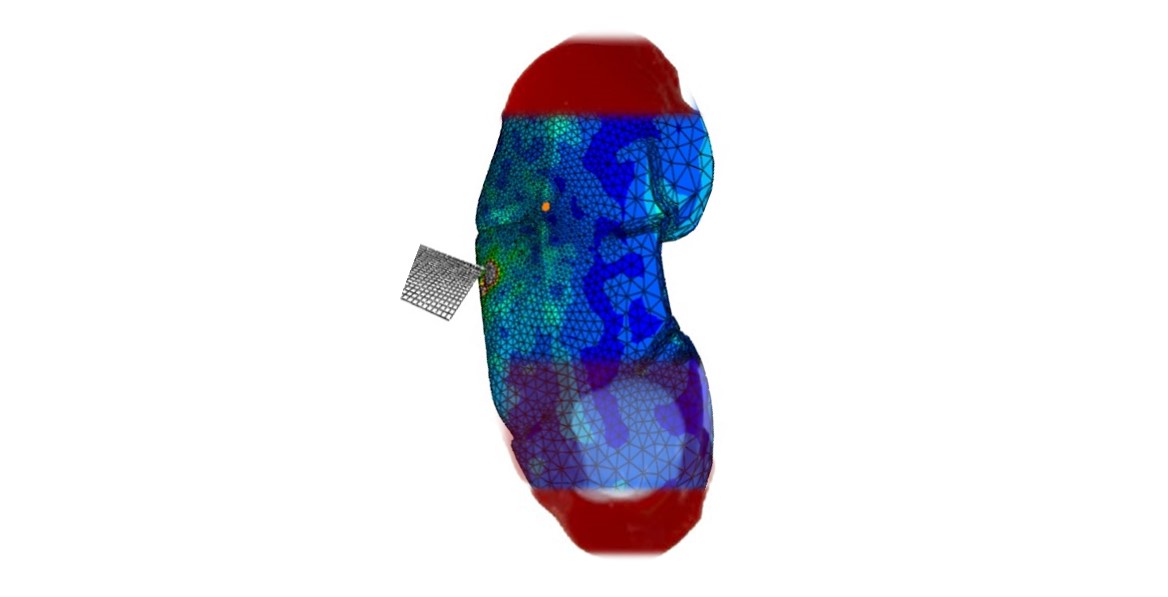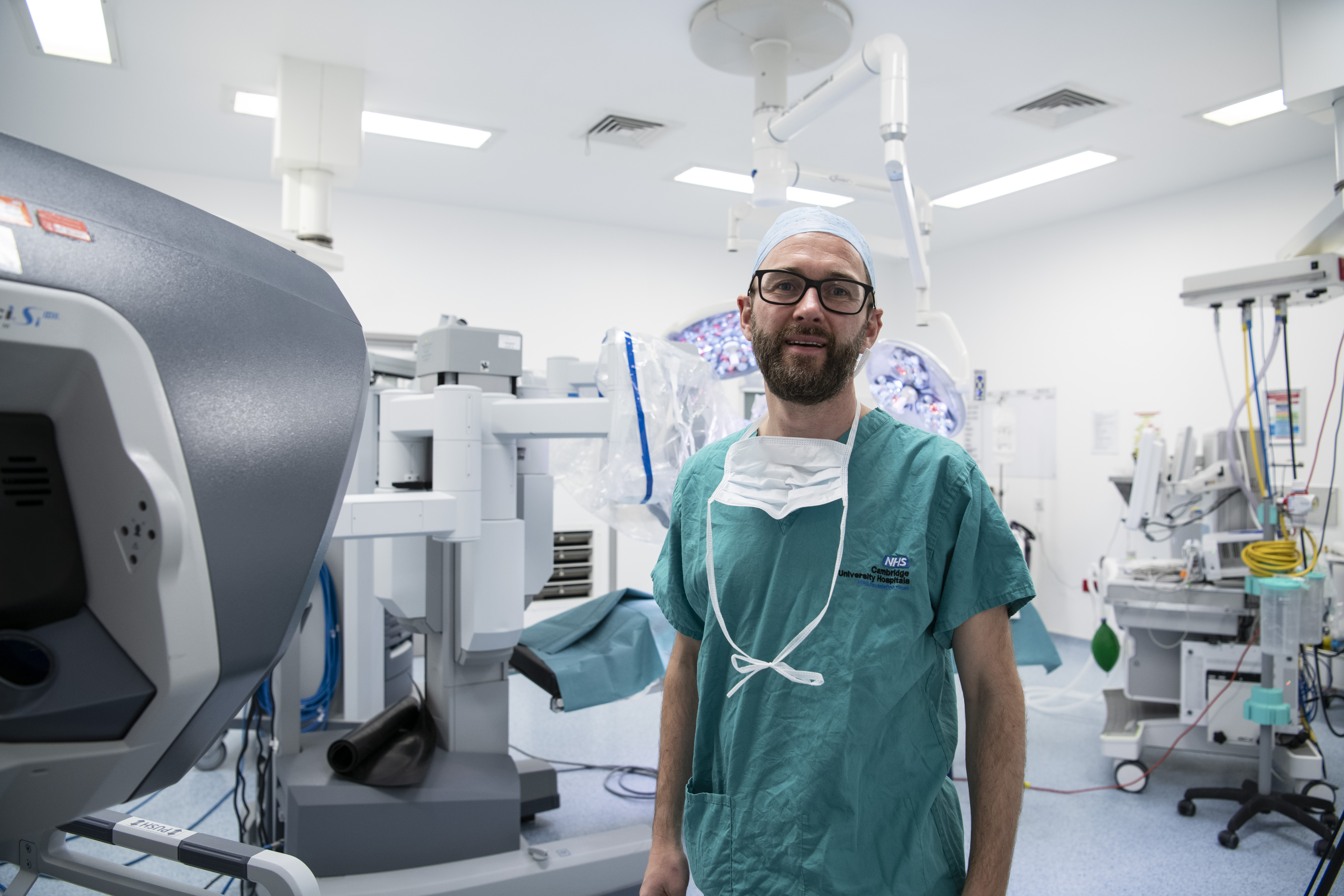
Digital twin assisted surgery (DTAS) will be used by doctors to test procedures and predict outcomes, enabling doctors to adapt and personalise treatment for each patient.
Researchers believe this will significantly improve patient outcomes and recovery times.
The DTAS technology can be applied to several types of surgery, such as open, minimally invasive, or robotic, for high precision tumour removal, even in a partial organ resection.
A parallel goal of the project is to revolutionise surgical training, offering a new paradigm of patient-centred personalised surgical rehearsal.
There is a clear clinical need for minimising surgical operations, healthcare costs, patient waiting lists, and associated patient complications. To address this need, the aim is the digital transformation of future surgery, particularly for cancer, by creating ground-breaking, real-time DTAS technology.
Patients are at the core of this technology, with significant and measurable benefits for their quality of life and healthcare.
Prof Grant Stewart, who co-leads our Urological Malignancies Programme is working with Prof Will Shu, of Strathclyde’s Department of Biomedical Engineering to develop DTAS.
The Universities of Edinburgh and Imperial College London are also partners in the research.
The project is among five which are sharing in funding worth £20 million from the Engineering and Physical Sciences Research Council (EPSRC), with a further £2 million from the Medical Research Council (MRC), both part of UK Research and Innovation, to create healthcare technologies for the future.
A further investment of £16.5 million in new digital healthcare hubs across England will promote knowledge and skills sharing across a range of partners including the NHS, social care providers, universities and businesses.
Professor Dame Lynn Gladden, Executive Chair of EPSRC, said: “The projects and hubs announced today will deliver a variety of innovative approaches to improve healthcare outcomes for patients.
“This investment will support scientists who are transforming the way we treat and diagnose diseases by using the latest developments in robotics, computer modelling and imaging.”
















